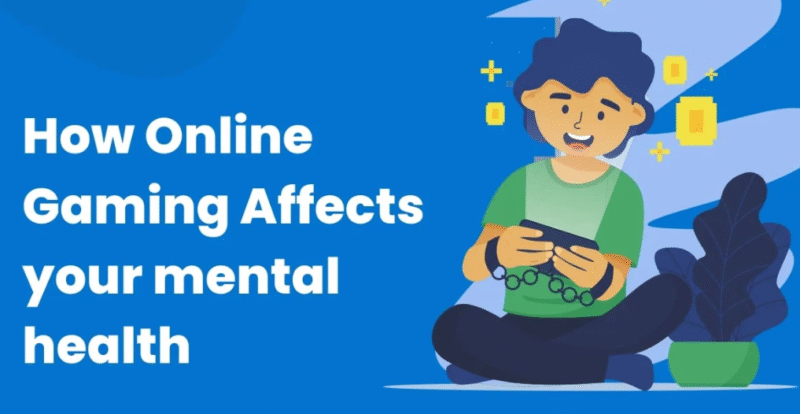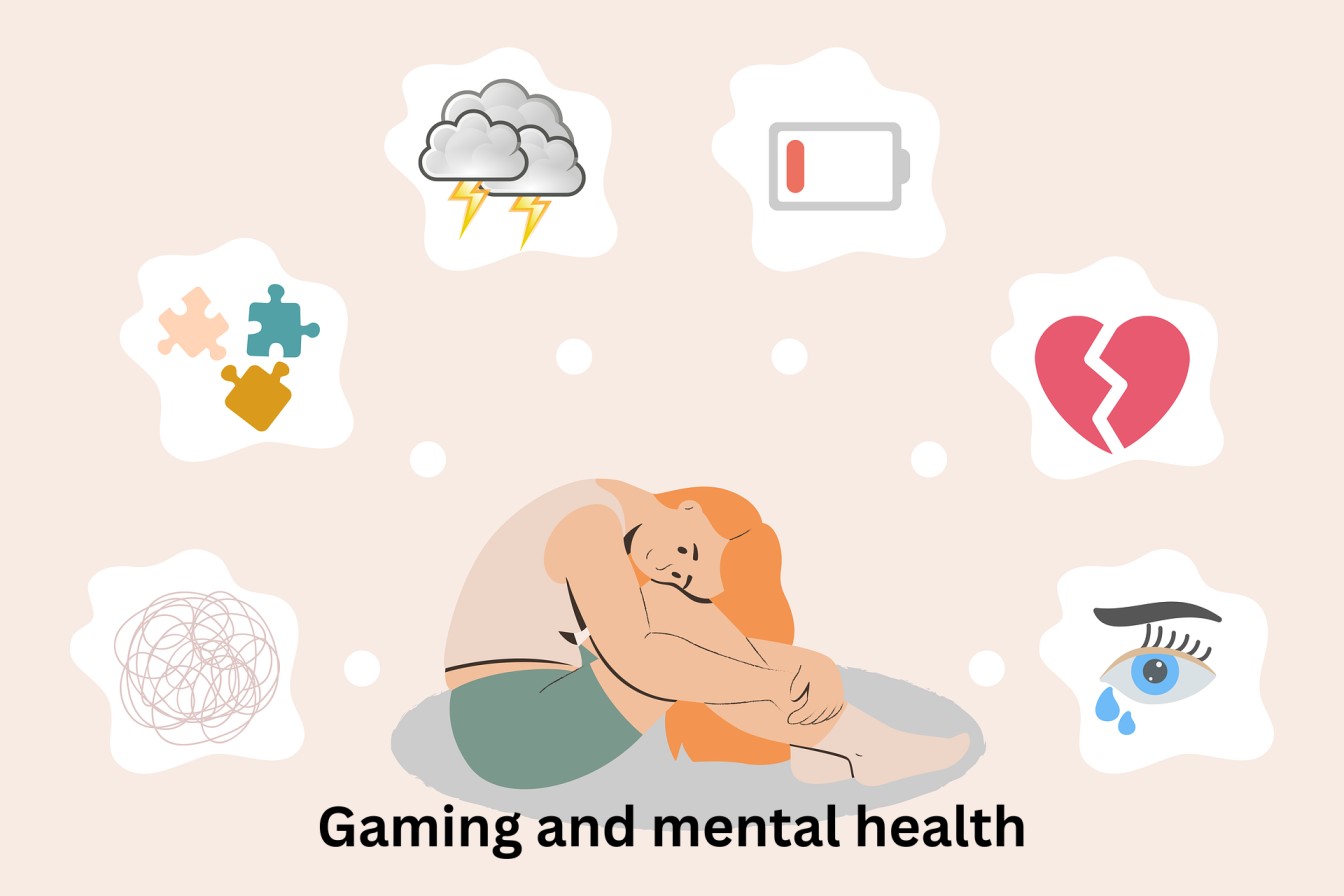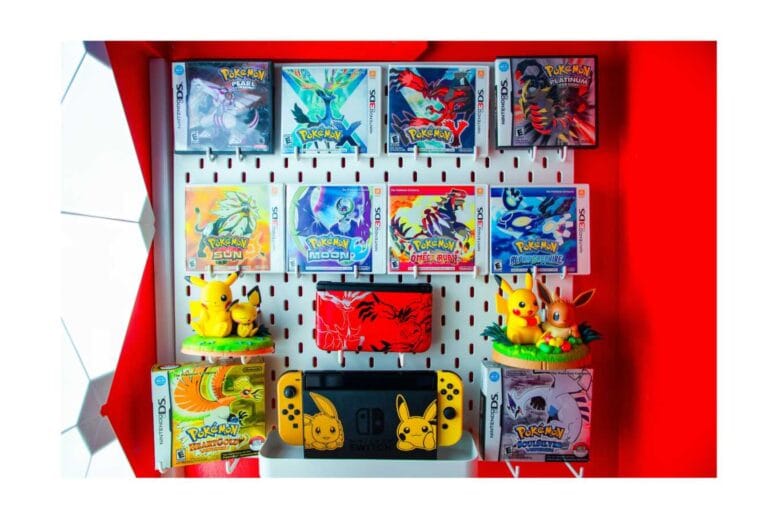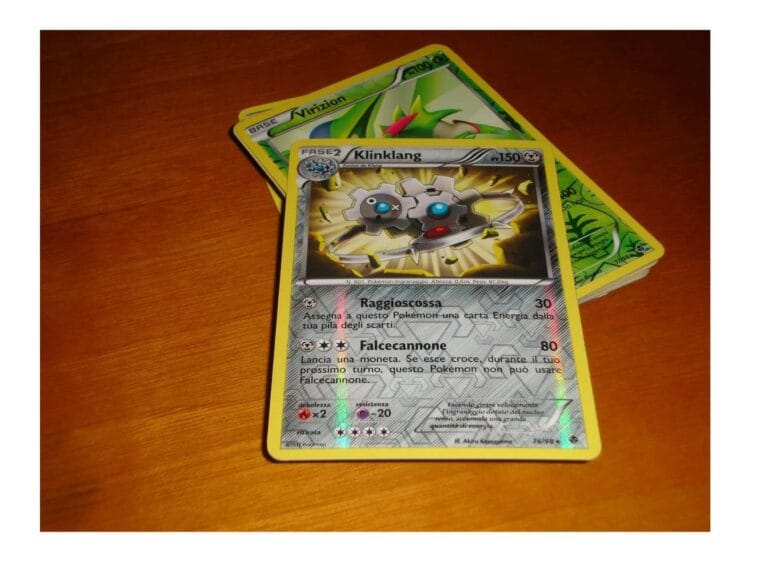Last updated on December 20th, 2025 at 11:16 am
Gaming and mental health are something I had not considered before, and during the time that I saw a friend in a struggle. And one day they are okay, and the other day they are canceling and skipping meals and living in their console basically. It created curiosity in me what is really going on here?
It turns out that mental health and gaming are not directly related. It is not that an activity like gaming is bad or that it is good. It is a lot more complex than that.
Table of Contents
Gaming Can Actually Help Your Brain
The thing that made me surprised is the following one: moderate gaming can make you feel much better. A large-scaled survey of close to 98,000 individuals in Japan discovered that individuals who possess game consoles and/or played them regularly placed greater satisfaction in their lives and experienced fewer psychological distresses.
But there’s a catch. The highest benefits were experienced at approximately three hours every day. After that? Everything began to get bad.
Hours played are less important than what researchers call, gaming life fit, or simply, the way gaming fits into your life as well as your values. You are likely okay provided you play games because you actually like them and it does not interfere with your schedule. When you take it to avoid trouble that is where it goes wrong.
The good stuff is a reality though. Gaming causes brain activity and speeds up problem solving processes, eliminates feelings of loneliness with online friends and even leads to coping with traumas. Social gaming literally helped to keep people sane during the times of COVID-19 when isolation would have destroyed them.
When Gaming Becomes a Problem

Now here’s the dark side. Approximately 12 per cent. of the teens demonstrate symptoms of addictive gaming, and boys are two times more likely to develop the issues than girls do. Gaming Disorder is the officially recognized disease by the World Health Organization.
My friend? They struck a majority of the caution signs. Resentment when out of gaming. Fibbing on the duration of their play. Giving up all to play games; friends, work, sleep, etc. Studies indicate that excessive gaming is associated with depression, anxiety and sleep disorders, particularly among the young population.
The difficult one is to determine which one was the first. Is it the gaming or the depression that makes people indulge in excessive gaming in seeking an escape? Honestly, it’s both. It forms this loop in which mental problems drive gaming, which drives mental problems.
What Actually Works
In case you are concerned about your gaming recreation (or that of another person), the following is what worked to make my friend stop, as well as the research that supports this statement:
Set the three-hour boundary. The effects of studies are a consistent plateau three hours post an administration. And to that it makes no difference how the more you go the happier you are–only it makes trouble.
Choose games wisely. Competitive games and those with a violent nature are less healthy than co-op multiplayer games and the narrative games. Social relation is superior to individual grinding.
Balance it out. Gaming does not involve any kind of exercise, which your mind requires. When you are playing a game on a lot of days, make sure you are moving.
Watch for red flags. When gaming begins to take the place of sleeping, human relationships or even sack and rib, that is no longer recreational. Escape behavior, that must be taken care of.
The Bottom Line
The fact that gaming is not evil, or a magic potion. It’s a tool. To certain individuals, it rightfully assists them in dealing with stress and community building. For others, it becomes a trap.
The distinction reduces to the reason why you are playing and its induction into your life. My friend later received assistance, such as cognitive behavioral therapy with family support and nowadays plays games more healthily. They do not stop playing, only in other ways.
When you are doubting your habits, then you must have guessed that. Trust your gut. And when gaming is not giving as much as it is taking there are free resources and professionals who can understand gaming culture and there are people would help.
It’s okay to love gaming. When it comes to being a problem, it is also okay to admit it. Both things can be true.
Also Read: Next Generation Video Games: How 2025 Is Defining The Future Of Play
I’m a content writer with a passion for games and strategy.I’m dedicated to creating content that is engaging and informative for today’s audience. I keep a close eye on the latest gaming trends and industry trends to provide entertaining and informative articles. Whether it’s exploring new tools or analyzing the sport, I bring a new accessible voice to each episode. Let us connect and enhance your content with knowledge and insight!



